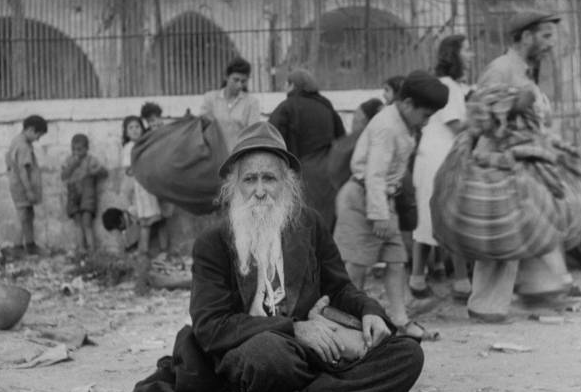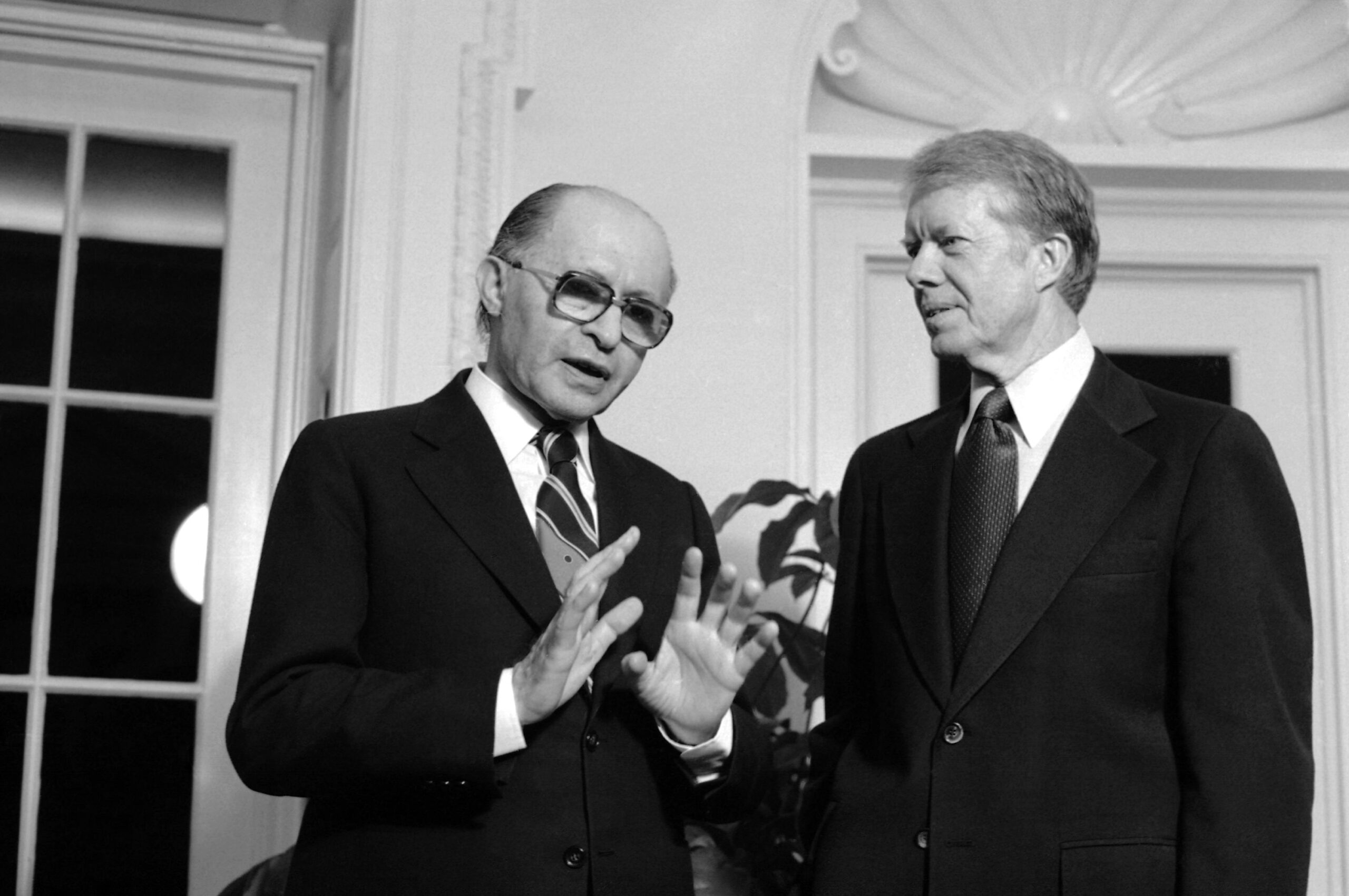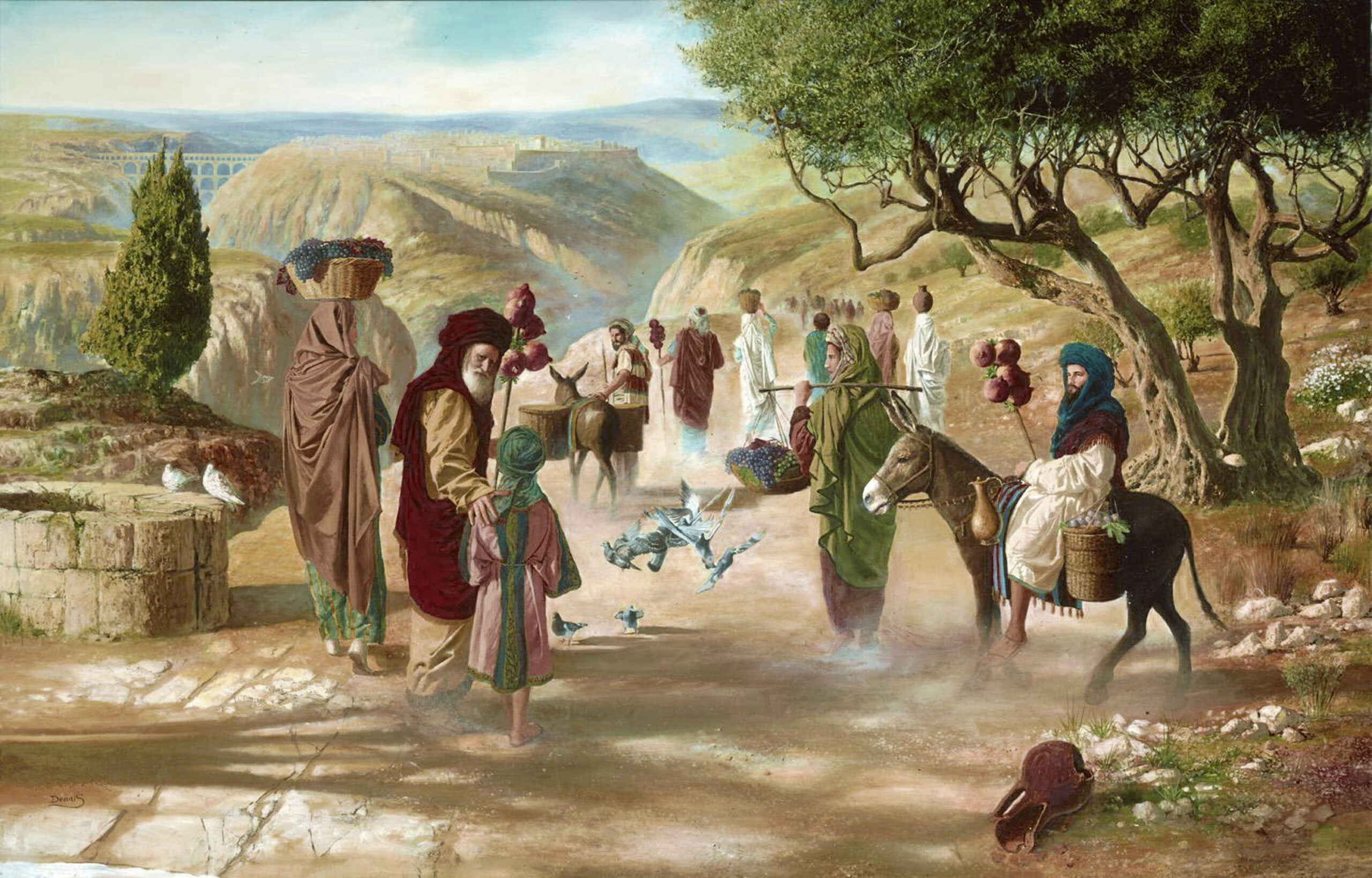The 5th of Iyar, 5708 (or May 14, 1948) commemorates Israel’s independence after a successful armed struggle to force the British out of Palestine.
That anti-British struggle, initiated by the Leḥi (Fighters for the Freedom of Israel) and spanning nine years, was Israel’s actual War of Independence, ending with a British withdrawal from the entire country between the Jordan River and Mediterranean Sea. After nearly a decade of struggle, Israel declared independence from the British Empire.
Against all odds, a handful of Jewish revolutionaries tenaciously fought to free our country from British rule, slowly dragging more and more of the Jewish community into the conflict and targeting not only British soldiers and political figures but also British economic interests in the Semitic region.
By making the price of occupation more expensive than the benefits of exploitation, the Fighters for the Freedom of Israel forced the occupier to retreat and a Jewish state was declared (according to the official British statement of withdrawal, the empire relinquished Palestine due to an inability to effectively combat Jewish terrorism). England officially withdrew on the 5th of Iyar and this became a holy day on the Hebrew calendar known as Yom HaAtzmaut.
But even as they departed Palestine, the British attempted to prevent the creation of a Jewish state. After years of claiming their colonial presence to be necessary in preventing an all out Arab-Jewish conflict, the British did everything in their power to initiate a war.
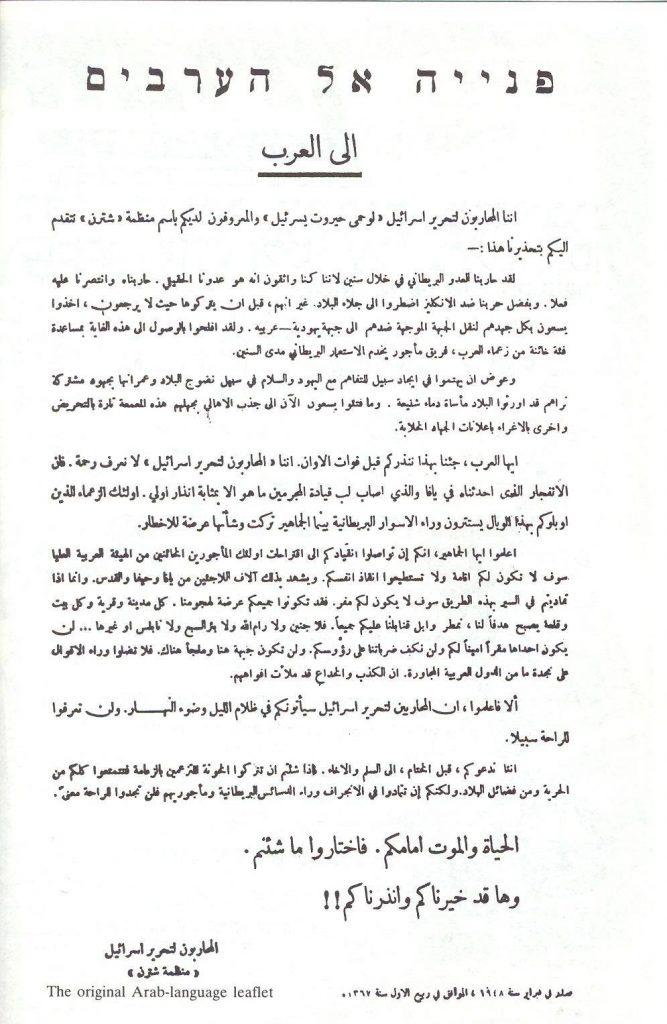
The Leḥi, which adhered to an ideology of Semitic unity and aspired to establish a regional anti-imperialist front with progressive and revolutionary forces in neighboring countries, attempted to prevent a Jewish-Arab conflict by distributing Arabic-language leaflets against British attempts to incite a war. The leaflets were unsuccessful and violence between the populations broke out on the 16th of Kislev, 5708 (November 29, 1947), when the United Nations General Assembly voted to recommend partitioning Palestine into two separate nation-states.
Jewish-Arab clashes intensified in the six months leading to England’s withdrawal, with British personnel encouraging and assisting several Arab attacks on Jewish communities. On the morning after England’s withdrawal – the 6th of Iyar, 5708 (May 15, 1948) – Israel was invaded by the armies of neighboring Arab states. Two of these forces – the Egyptian military and the TransJordanian Arab Legion – were armed, trained and led by British officers seeking to maintain the empire’s interests in the region. This was the 1948 Arab-Israeli War.
Arab armies crossed borders, invaded the territory freed from England by the Jewish underground and fought Israeli forces on multiple fronts within that land. This war lasted for almost ten months, officially ending on the 9th of Adar, 5709 (March 10, 1949) – a date with no relevant significance on the Hebrew calendar – with Israel existing in severely truncated borders, Egypt ruling Gaza and TransJordan occupying the Judean central mountain region that soon became known as the West Bank (a term initially coined to legitimize TransJordan’s annexation of its conquest).
With ancient Jerusalem and the cradle of Jewish civilization under its control, TransJordan dropped the “trans” and simply became the Hashemite Kingdom of Jordan.
The above events and their significance to Israel’s rebirth can be confusing to many Israelis and Diaspora Jews, because they were intentionally obscured by an official Zionist narrative that sought to credit statehood to the efforts of a national bourgeoisie (Mapai) that had actually collaborated with British authorities against the Leḥi and later also the Etzel (National Military Organization) undergrounds but declared statehood and seized power once the anti-colonial struggle succeeded.
In truth, these were actually two separate wars. The first was Israel’s War of Independence – a nine year anti-British struggle that succeeded against all odds and led to the restoration of Jewish independence on the 5th of Iyar. The second was the Arab-Israeli War – an almost ten month conflict between Israel and neighboring armies that led to the loss of Jerusalem, Judea, Samaria and Gaza, as well as the forcible expulsion of all Jews living in these territories.
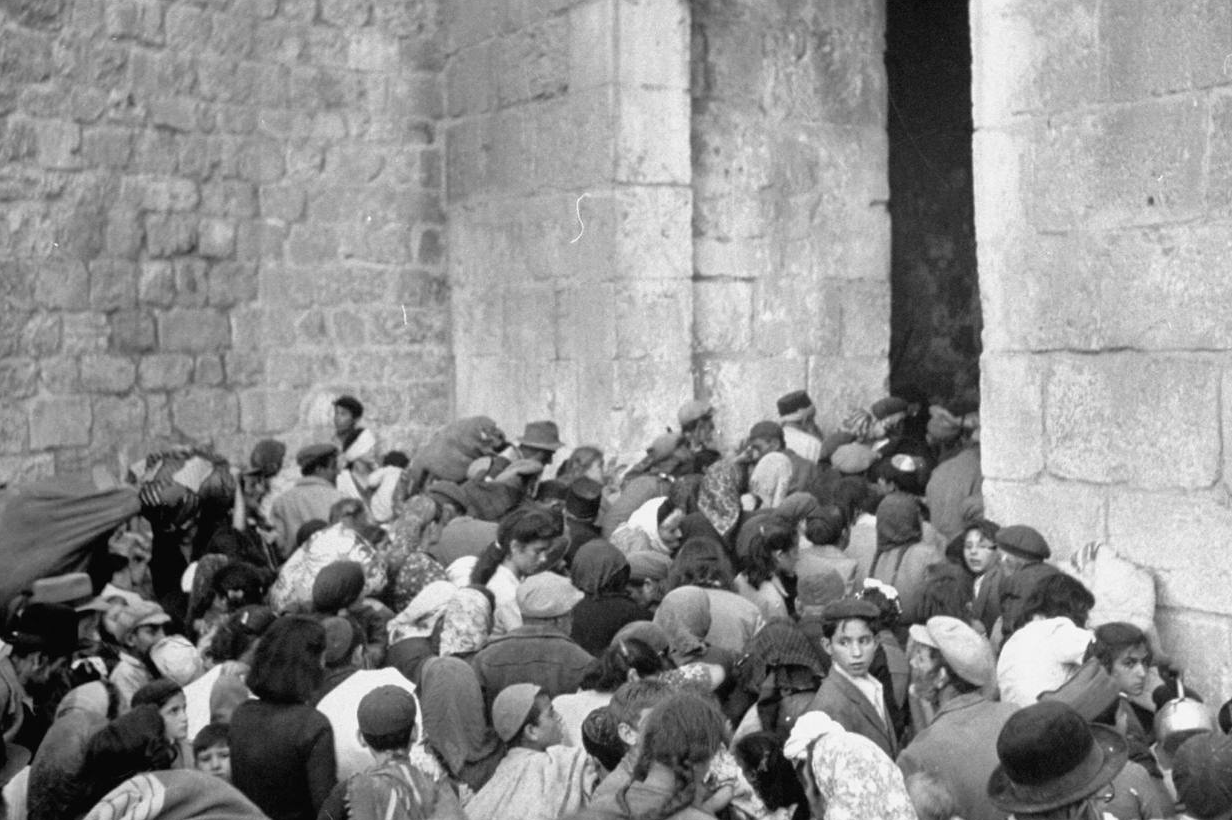
Israel won the first war. That’s why we celebrate our independence on the 5th of Iyar. The question in need of being addressed is whether or not Israel won the 1948 Arab-Israeli War. This isn’t merely a question of historic facts but one that penetrates much deeper because the extent to which a we believe Israel won or lost that war speaks volumes about what we believe Israel to have been fighting for.
Because of the Jewish people’s tragic history in exile, culminating with the European Holocaust that took place only a few short years before Israel attained independence, many Jews tend to understandably confuse survival with victory. If the war in question was a war for survival, one could easily make the argument that Israel won the war.
But if that war was a war to defend Jerusalem and the rest of the homeland from invading Arab armies, it cannot be argued that Israel was victorious. Egypt took the Gaza region, destroying whatever Jewish communities remained, and Jordan took the heartland, including the most historically significant portions of Jerusalem. The Old City’s ancient Jewish community was forced to flee as the city fell.
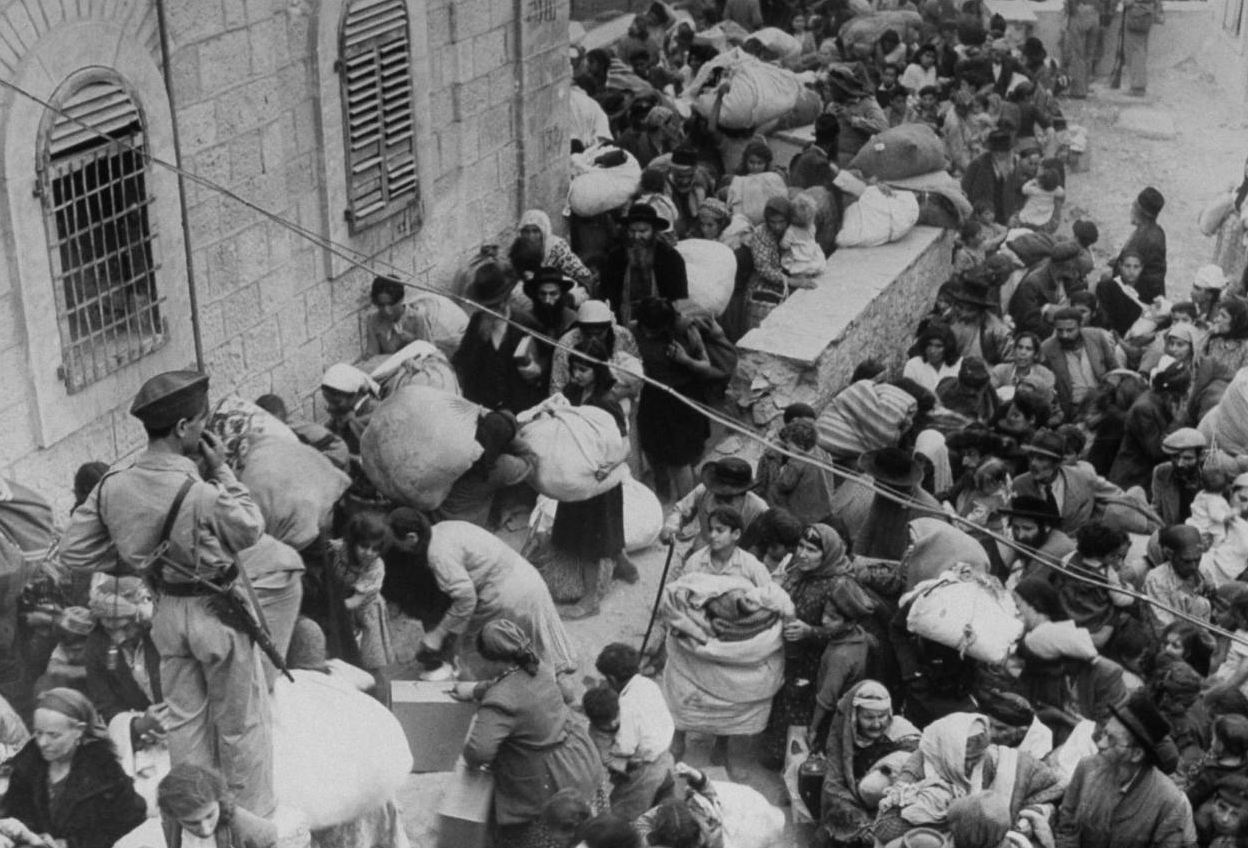
Losing Jerusalem meant Israel lost the war (Israel can’t win a “Zionist” war without Zion) but we obviously didn’t lose as bad as the Palestinians, who suffered a catastrophe that still requires much healing. The big winners of that conflict were Jordan and Egypt, who each conquered land and expanded their territories. But 19 years later, Israel did finally taste victory when we freed Jerusalem on the 28th of Iyar, 5727 (Jun 7, 1967) from Jordan during the Six Day War. This victory is celebrated on Yom Yerushalayim (Jerusalem Day).
How we today relate to these events is significant because it expresses how we understand Jewish liberation, its objectives and what policies we are willing to support in our current chapter of Israel’s story.
Those who relate to 1948 as a war for survival that Israel won would likely be willing to surrender parts of the Jewish homeland and appease the international community today if such moves appear to make the State of Israel more secure.
But those who relate to the 1948 Arab-Israeli War as a war for the homeland – especially Jerusalem – that Israel lost, are more likely to experience the pain of that loss and would naturally be more inclined to fight and make difficult sacrifices in order to keep the land of Israel in Jewish hands.

